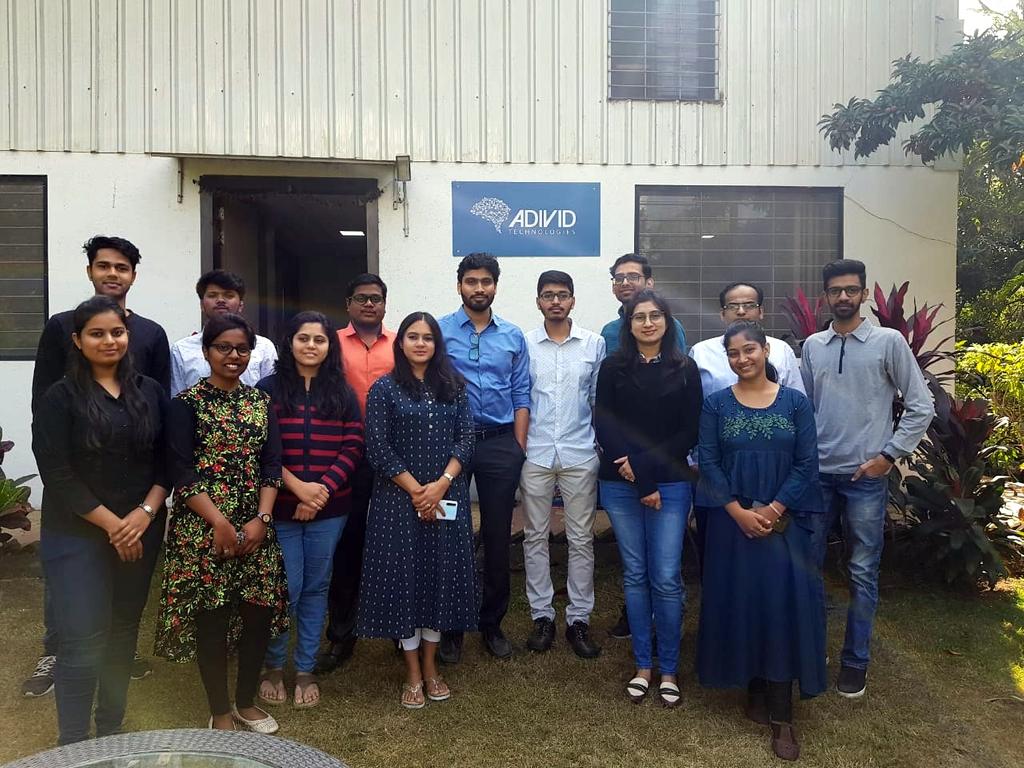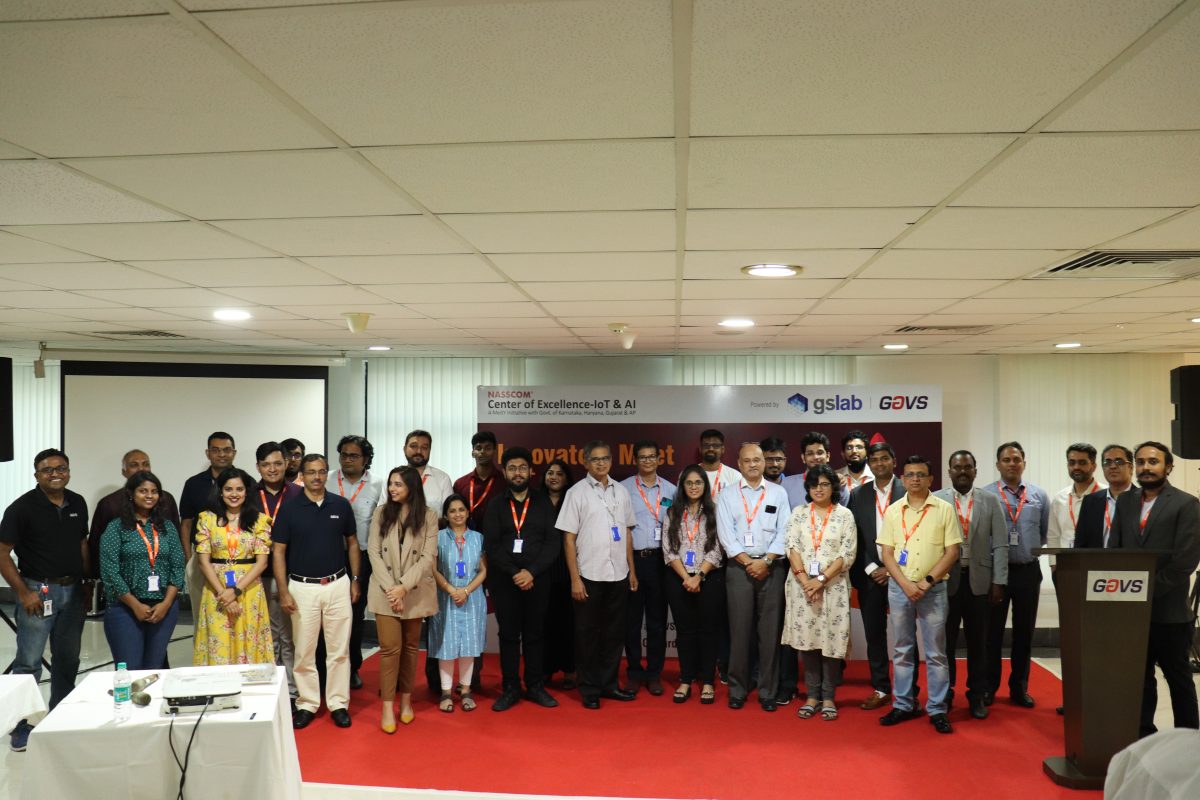Surge in Online Shopping
The growth in online shopping has seen a spectacular increase in last few years. The retail e commerce sales worldwide is expected to climb a further 16.8% this year, to $4.921 trillion. This rapid acceleration of online buying was fueled by the pandemic, several countries like India, Brazil, Russia, and Argentina are witnessing significant expansion in e commerce.
Areas of Concern
Although online shopping has many factors of concern like data security, customer loyalty, unexpected price changes, economic uncertainty, inventory overload etc but counterfeited products sold online to unsuspecting consumers is one of the major concerns. Phone chargers, pharmaceuticals, and cosmetics are common items whose counterfeit products are often sold online at a considerably lower price.
Counterfeiting Impacting Brand Reputation
Counterfeiting is not only impacting not just sales and profits but also brand reputation. Brands and organizations strive to improve their brand identity and expanding their market share by constantly working on developing unique and innovative products but if the end consumers do not get access to these features because of infiltration of fake products results in the brands suffering massive losses.
There are also certain risks health risks associated with these counterfeits products, like electrocution or exposure to harmful chemicals that can cause serious damage to customers health. It has thus become pertinent that brands and organizations guarantee the authenticity of their products as the customers move towards more online purchases.
Groundbreaking Technology
To address this need of ensuring that authentic products reach the end consumer, Quotients has been working with different startups to come up with a solution. In this quest, we have come across a groundbreaking technology that employs AI, cryptography, and blockchain to add a cryptographic signature to the parcels. This signature can be used to verify the authenticity of products by a user’s mobile device through an app. Also, there is no need to change the existing package design and printing process by the client.
How it works
Blockchain is used with IoT and NFC tags to provides stakeholders with the visibility a product’s entire history. Blockchain creates immutable digital records, as a permanent ledger, any data stored stays for all the time. As each piece of information is encrypted individually to make a change rest of the nodes in the network need to agree which makes it impossible for the fraudsters and instances of fraud can be easily detected.
NFC, or near field communication, a popular wireless technology that allows transfer of data between two devices that are in close proximity, is a tamper-proof tag that is used to give each product a unique identifier.
As the product goes through the distribution chain, operators scan the NFC tag and upload information about its current state to the blockchain. Because all signatures are cryptographic, the system can provide complete security and transparency. The blockchain serves as a permanent data repository and while NFC tags prevents tampering with real objects.
Application
Application of anti counterfeit solutions depends primarily on the needs of industry and respective supply chains. In agriculture, this solution can be used to check illegally-produced goods that may pose a real risk to human health. The pharmaceutical industry is another popular target where false drugs are counterfeited as genuine by refilling empty containers or using fake labels. Here such solution can be used to combat such activities and save life and prevent harmful effects on patients.
These innovations also find application ensure premium beverages, food and tobacco products. With the globalization of food products and producers working in different areas better opportunities these solutions can help tracking and monitoring of supply chain and ensuring delivery of genuine products.
Conclusion
By ensuring the delivery of authentic product, the solution leads to brand loyalty and along with this it generates rich data on interactions in supply chain, checks cross border sales, helps in warranty management and in reducing carbon footprint by constant monitoring of supply chain.
To know more of such innovative solutions and evolving use cases in different domains along with collaboration and partnership opportunities please write us at open-innovator@quotients.com










